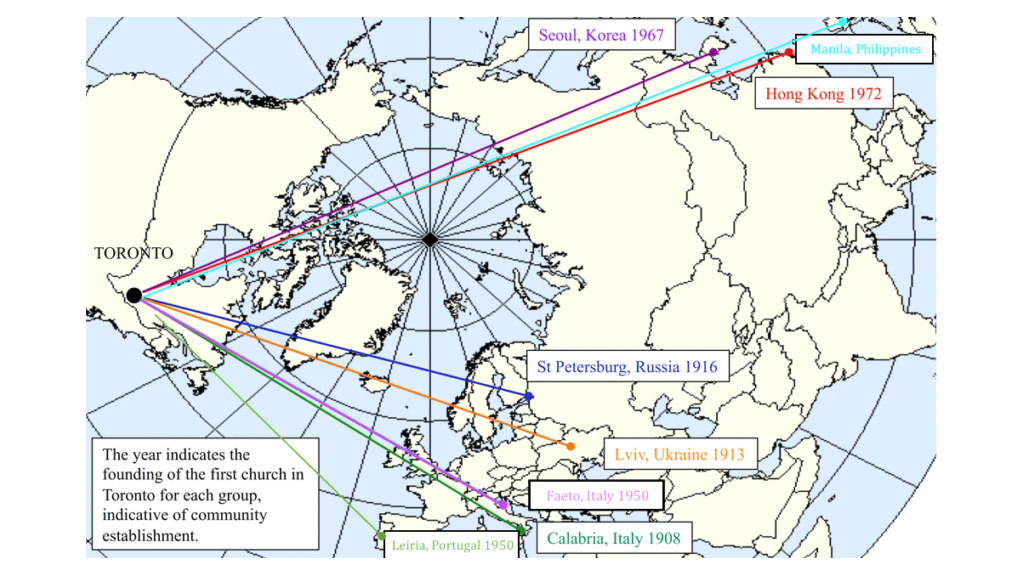Profile:
Work Study REsearch Stream, Heritage Language Variation & Change in Toronto Project
Understanding patterns of linguistic variation in multicultural and multilingual communities is the driving force of the Heritage Language Variation and Change in Toronto (HLVC) Project. Work study students design and conduct research projects that aid in developing and testing principles regarding which aspects of heritage languages (mother tongues that do not have official language status) change in language-contact situations and which types of speakers effect these changes. This simultaneously advances understanding in the field of linguistics and trains students in modern research techniques. Recent work tasks include collect recording speech by interviewing heritage speakers, transcribing the speech and coding patterns of linguistic variation.

Program Details
Instructor / Program Coordinator(s):
Naomi Nagy, Professor, Department of Linguistics, Faculty of Arts & Science
Profile(s):
Faculty & Staff Students
Division:
Career Exploration & Education Faculty of Arts & Science
Benefits to Students:
Students learn a range of research skills, including soft skills for recruiting participants, engaging with strangers, working in a dynamic group research context, and being productive in an independent context, plus quantitative analysis techniques. Over the past 5 years, our research group produced ~50 papers and conference presentations that included student-authors.
Benefits to External Partners and the Community:
In today’s multicultural/multilinguistic Toronto, we need to better understand the dynamics of language change across a growing list of languages. Engaging students in the HLVC project provides conduits between the university and community to share needs and knowledge. We hope to better connect heritage language teaching to current language-use practices.
Benefits to the University:
I’ve created a series of research tasks that increase in independence and creative control as students gain experience. We train heritage-language speakers in research skills that will permit them to investigate their own languages, which will expand knowledge in the field of linguistics in important ways. Work study students produce data that is used for teaching as well (see Corpora in the Classroom).
Information for Interested Students:
Review the Heritage Language Variation and Change in Toronto (HLVC) Project site to learn more about the research and various ways to be involved. If you are interested in learning more about the Research Experience Stream or Work Experience Stream, visit the Career Learning Network (CLNx).
Advice for Faculty and Staff Interested in Creating a Similar Experiential Learning Opportunity:
Students have great ideas for connecting with their communities and for new methods of quickly processing large quantities of data. Discussion about their knowledge in these areas, at the hiring stage and beyond, helps work out the best fits between applicants and tasks.
A map of the languages studied by the Heritage Language Variation and Change Project (Photo courtesy of Professor Naomi Nagy)
Details
University Based
Co-Curricular
Paid
